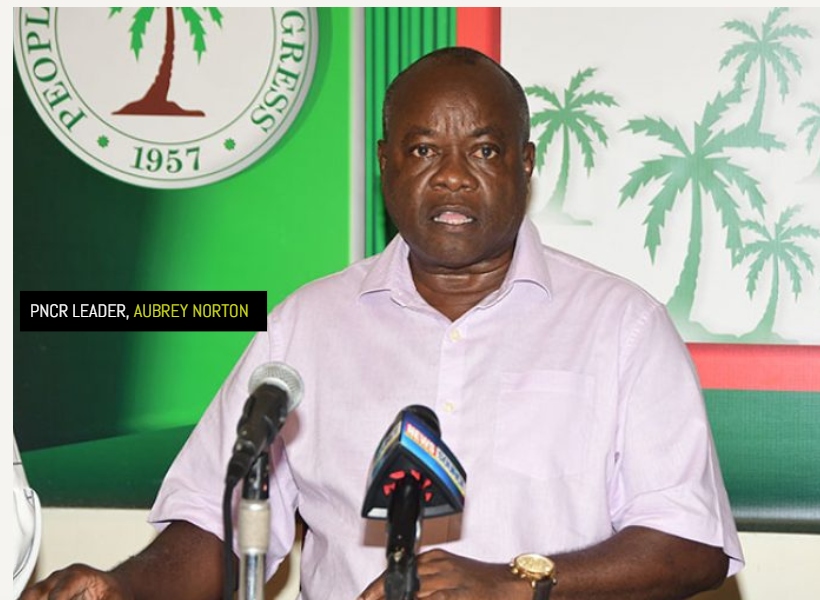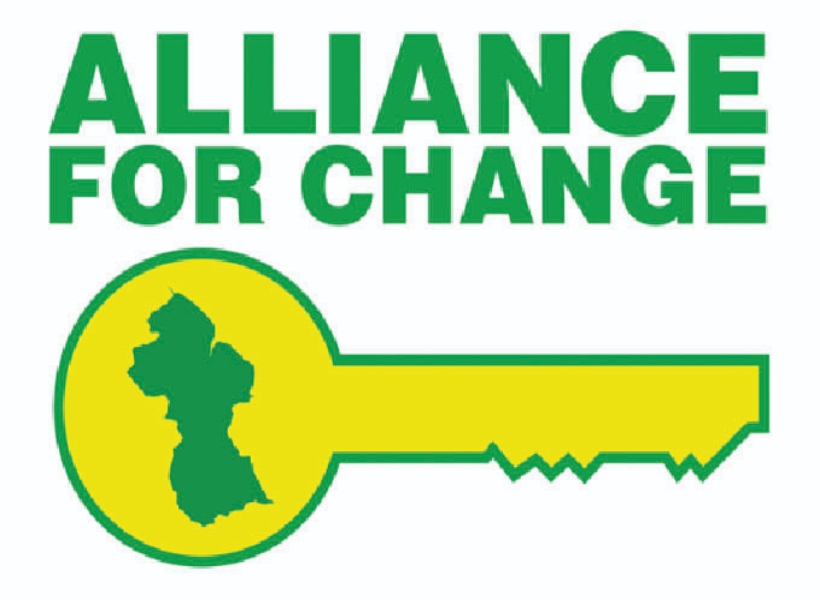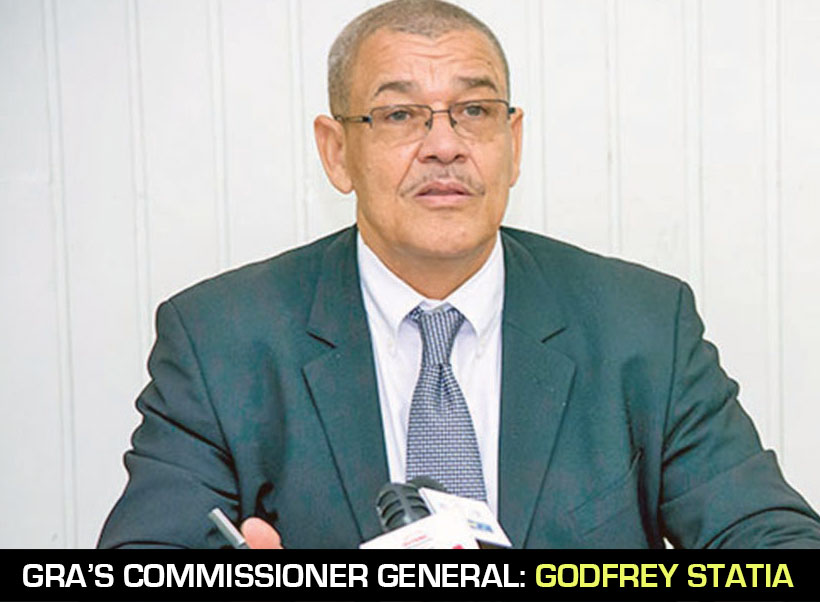With the coming of oil, many countries have been rushing to Guyana with the view of negotiating Double Taxation Agreements, says Commissioner General of the Guyana Revenue Authority (GRA) Godfrey Statia.
Speaking at a CARICOM Double Taxation Workshop presented by Chartered Accountant Christopher Ram and his associates, Statia said the flurry of activity in this area has now forced the authority to consider setting up a special international tax section that will deal exclusively with such matters.
The official noted that double taxation treaties or agreements vary by country and even though they are word-for-word identical in 75% of all cases, in many instances they are designed to favour one country over another.
Outside of CARICOM, Statia noted that Guyana has other active DTA’s with Canada and the UK and a Tax Exchange Information Agreement or a TEIA with the USA. Even though negotiated and agreed upon, he said that Guyana is yet to sign one with Kuwait.
Thus far, Statia said that Guyana has negotiated a DTA and signed a Memorandum of Understanding (MOU) with the United Arab Emirates regarding the negotiated DTA which has been approved by Cabinet and has yet to be sent to the legislature for approval. He noted that there are also ongoing negotiations with at least four other countries.
For someone actively involved in the negotiations of these Double Taxation agreements and the fact that this is a virtually new area to GRA’s legal team, Statia stressed that he is being extremely cautious with these agreements.
The tax boss said that extreme caution is exercised for a variety of reasons, the foremost being that he firmly believes that tax treaty negotiations should ensure multinationals are taxed “where economic activities take place and where value is created”.
He noted that a key aim of a double taxation agreement is to prevent the same income from getting taxed twice. The GRA Commissioner General said, “However, as a negotiator, I have found that in practice this has led to a world of widespread double non-taxation – that is, where income effectively gets taxed nowhere and allows for tax evasion and avoidance.”
Further to this, Statia said that another reason to be cautious relates to the taxing jurisdiction, that is to say, if it should be the jurisdiction that is the source of that income which taxes the income or the jurisdiction where the investor is resident.
Statia said that tax treaties restrict the right of states to tax foreign investors and foreign-owned companies. He said that the idea is to encourage international investment between the countries concerned. However, the tax boss said that developing countries like Guyana are generally only importers of capital, thereby leading to an unequal relationship.
“So which model should you follow? That of the Organization of Eastern Caribbean States [OECD] or the United Nations [UN]? In my opinion, the OECD model favours rich countries where most multinationals are resident, while the UN model gives somewhat greater taxing rights to ‘source’ countries, which are typically developing countries that receive inward investment. My opinion is that Guyana adopts a mixture of both that suits the peculiarity of the Guyanese situation,” expressed the Commissioner General.
The tax boss said that these are but a few reasons why Guyana as a developing country ought to be cautious.











